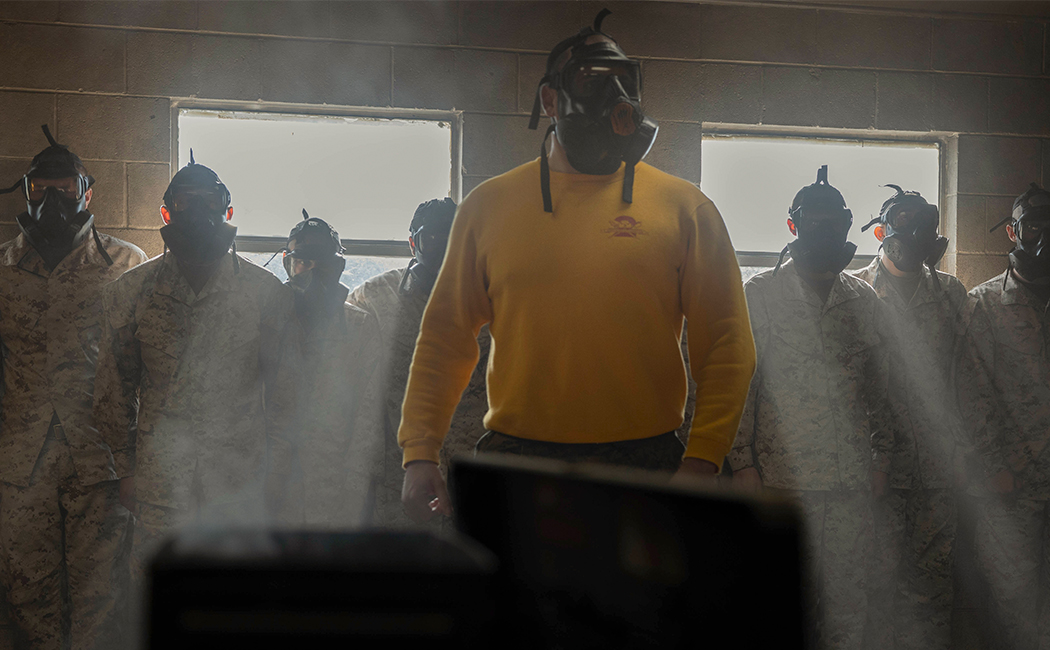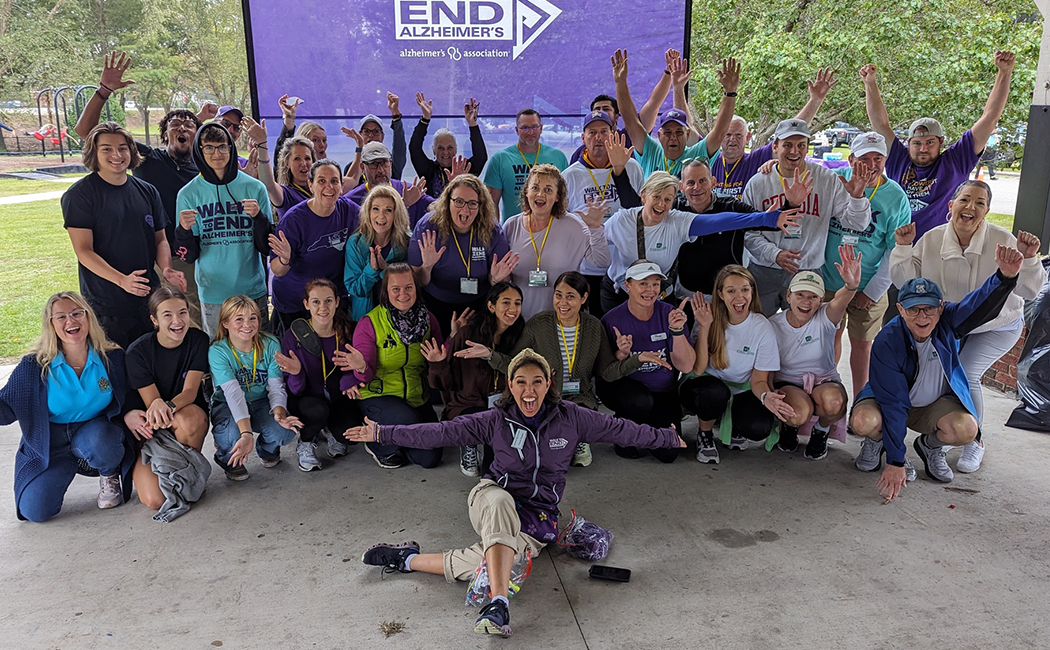Understanding the PACT Act: New Presumptive Disabilities for Veterans
On June 14, 2024, the U.S. Department of Veterans Affairs (VA) took a significant step
in supporting our nation’s veterans by adding three new cancer types to the list of
presumed service-connected disabilities caused by military environmental exposure
under the PACT Act. This update has profound implications for Gulf War and post-9/11
veterans, providing them with easier access to the benefits they rightfully deserve. At
Veterans Guardian, we are dedicated to helping veterans navigate these updates and
secure the benefits they are entitled to. In this comprehensive guide, we will explore the new additions, eligibility criteria, and how to make the most of these changes.
The New Additions: Three Cancer Types
The VA has added the following three cancer types to the list of presumptive diseases:
3. Male Breast Cancer
4. Urethral Cancer
5. Cancer of the Paraurethral Glands
These additions are crucial as they acknowledge the potential link between military
service and these severe health conditions, ensuring that affected veterans receive the necessary support and compensation.
Eligibility Criteria
The presumptive service connection means that the VA automatically assumes that
these diseases are related to military service, eliminating the need for veterans to prove the direct cause of their illness. Veterans who served in specific regions and timeframes are eligible for these benefits. This includes those who were deployed to:
- Afghanistan
- Somalia
- Djibouti
- Egypt
- Jordan
- Lebanon
- Syria
- Yemen
- Uzbekistan
- The entire Southwest Asia theater of operations
This expansive list covers a significant number of veterans, ensuring broad access to
these vital benefits.
Retroactive Benefits
If you currently have one of the listed cancers or had it during or after your military
service, you may be entitled to disability compensation benefits retroactive to August
10, 2022, the date the PACT Act was signed into law. This retroactive aspect is
particularly important as it can result in substantial back pay for eligible veterans.
Re-evaluation of Denied Claims
For veterans who previously applied for benefits for these conditions and were denied
on or after August 10, 2022, the VA will automatically review those claims. This re-
evaluation could lead to the approval of benefits, providing another opportunity for
veterans to receive the support they deserve.
Access to VA Health Care
Enrolled veterans qualify for cancer screening and treatment at the VA. The VA has
recently announced an expansion of cancer care services, aiming to bring these critical health services closer to veterans. This expansion is part of the VA’s commitment to providing comprehensive care and support to our nation’s heroes.
How to File a Claim
Filing a claim with the VA for these new presumptive conditions is straightforward and
free. However, the process can still be complex, and having professional assistance can make a significant difference. At Veterans Guardian, we specialize in guiding veterans through the VA benefits claims process, ensuring that all necessary documentation is submitted accurately and efficiently.
Why Choose Veterans Guardian?
At Veterans Guardian, we understand the challenges veterans face when navigating the VA benefits system. Our team of experts is dedicated to providing personalized support to each veteran, ensuring they receive the benefits they deserve. Here are some reasons to choose us:
- Expert Knowledge: Our team has extensive experience and in-depth knowledge of the VA benefits system.
- Personalized Support: We provide tailored assistance to each veteran,
addressing their unique needs and circumstances. - Proven Success: We have a strong track record of helping veterans secure their benefits.
Conclusion
The addition of male breast cancer, urethral cancer, and cancer of the paraurethral
glands to the list of presumptive diseases under the PACT Act is a significant
development for veterans. This change ensures that more veterans can access the
benefits they deserve without the burden of proving the direct cause of their illness. At
Veterans Guardian, we are committed to helping you navigate these updates and secure the support you need. If you or a loved one is affected by these changes, don’t
hesitate to reach out for professional assistance. Your service deserves recognition,
and we are here to ensure you receive it.









